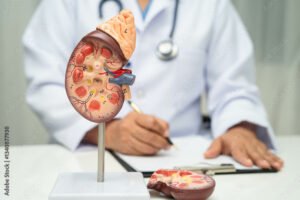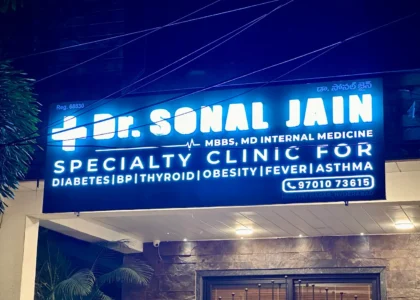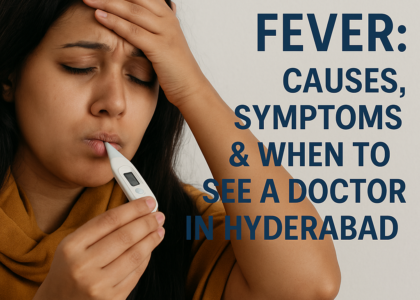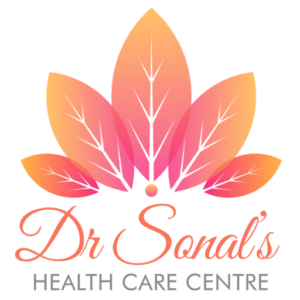Chronic Kidney Disease (CKD) is a long-term condition in which the kidneys gradually lose their ability to filter waste and excess fluids from the blood. It is a growing global health concern that often goes undiagnosed until significant kidney damage has occurred.
What is CKD?
CKD occurs when the kidneys are damaged and cannot function properly over time. The disease progresses in stages, from mild kidney impairment (Stage 1) to complete kidney failure (Stage 5), also known as end-stage renal disease (ESRD), which may require dialysis or a kidney transplant.
🔍 Common Causes of CKD
Several underlying health conditions can lead to CKD, including:
-
Diabetes Mellitus – High blood sugar levels damage the kidneys over time.
-
Hypertension (High Blood Pressure) – Puts excessive pressure on the kidney’s blood vessels.
-
Glomerulonephritis – Inflammation of the kidney’s filtering units.
-
Polycystic Kidney Disease – A genetic condition causing cysts in the kidneys.
-
Recurrent Urinary Tract Infections (UTIs) – Chronic infections can impair kidney function.
-
Obstructive Uropathy – Conditions like kidney stones or enlarged prostate can block urine flow.
-
Long-term use of painkillers or certain medications – Especially NSAIDs and some antibiotics.
-
Family history of kidney disease – Increases your risk.
⚠️ Symptoms of CKD
CKD often progresses silently. However, in later stages, symptoms may include:
-
Fatigue and weakness
-
Swelling in legs, ankles, or around eyes
-
Shortness of breath
-
Nausea, vomiting, or loss of appetite
-
Changes in urine output or appearance
-
High blood pressure that’s difficult to control
✅ Prevention of CKD
While not all cases can be prevented, early lifestyle modifications and medical management can significantly reduce the risk or slow the progression of CKD:
-
Control Blood Sugar and Blood Pressure:
If you have diabetes or hypertension, regular check-ups and proper treatment are essential. -
Stay Hydrated but Avoid Overhydration:
Drinking adequate water helps flush toxins, but excessive water in late-stage CKD can be harmful. -
Avoid Overuse of Painkillers:
Use NSAIDs and over-the-counter pain medicines cautiously. -
Adopt a Kidney-Friendly Diet:
Limit salt, red meat, processed foods, and high-protein intake as advised by your doctor. -
Exercise Regularly:
Helps manage weight, blood pressure, and overall kidney function. -
Don’t Ignore Urinary Symptoms:
Early treatment of UTIs and other urinary issues can protect kidney health. -
Get Regular Health Check-ups:
Especially if you have risk factors such as diabetes, high BP, or a family history.
👩⚕️ Expert CKD Care with Dr. Sonal Jain
At our clinic, we offer comprehensive care for patients at risk of or living with CKD. From early diagnosis to personalized treatment plans, Dr. Sonal Jain, MD Internal Medicine, provides holistic kidney care with compassion and expertise.
📍 Clinic Timings:
Monday to Saturday: 9:00 AM – 2:00 PM | 5:00 PM – 9:30 PM
Sunday: 9:00 AM – 2:00 PM
📞 Consultation Fee: ₹600
🛡️ Don’t Wait for Symptoms — Be Proactive
CKD can be managed effectively with early intervention. If you’re at risk, schedule your kidney screening today and take charge of your health.
Book an Appointment Now







